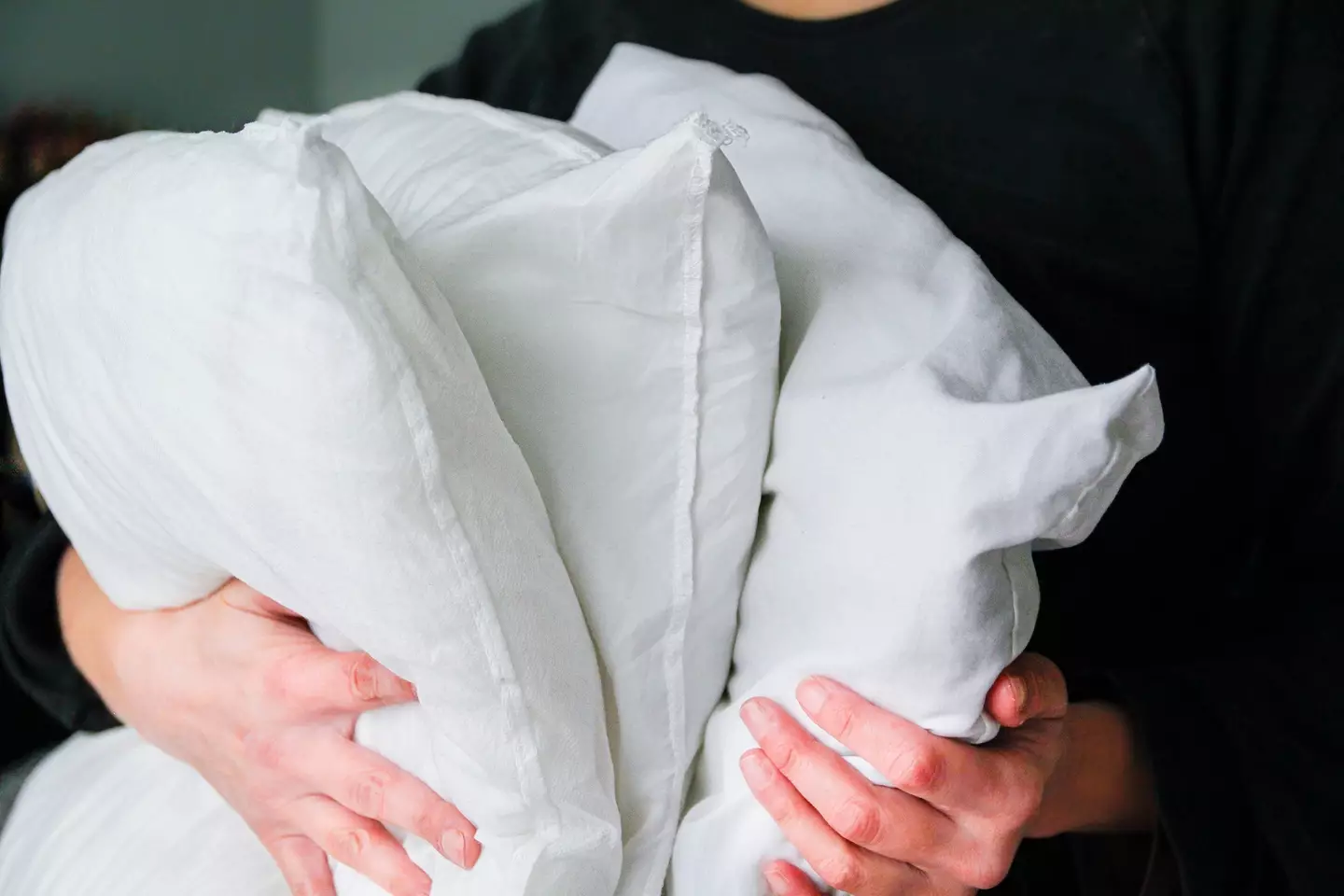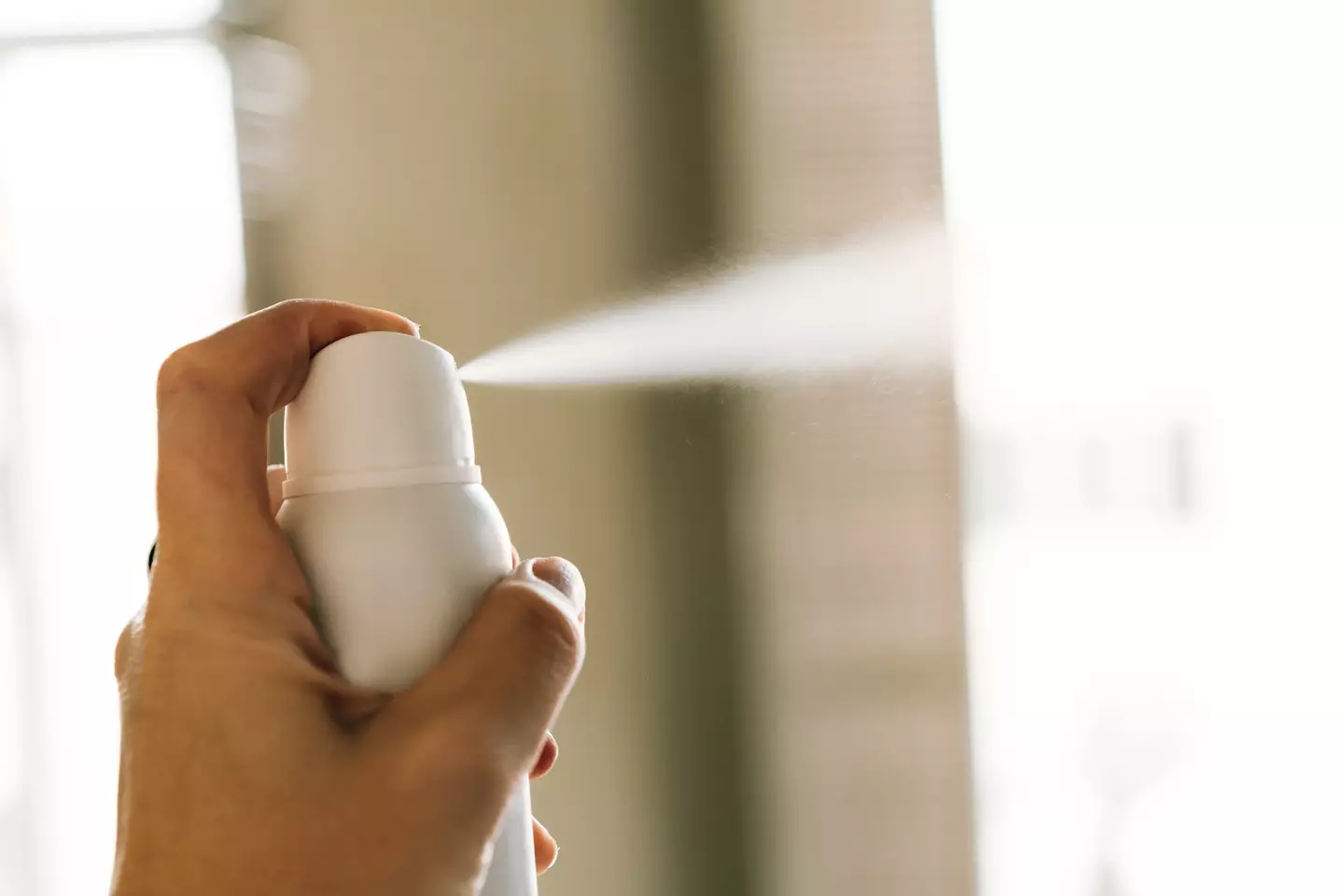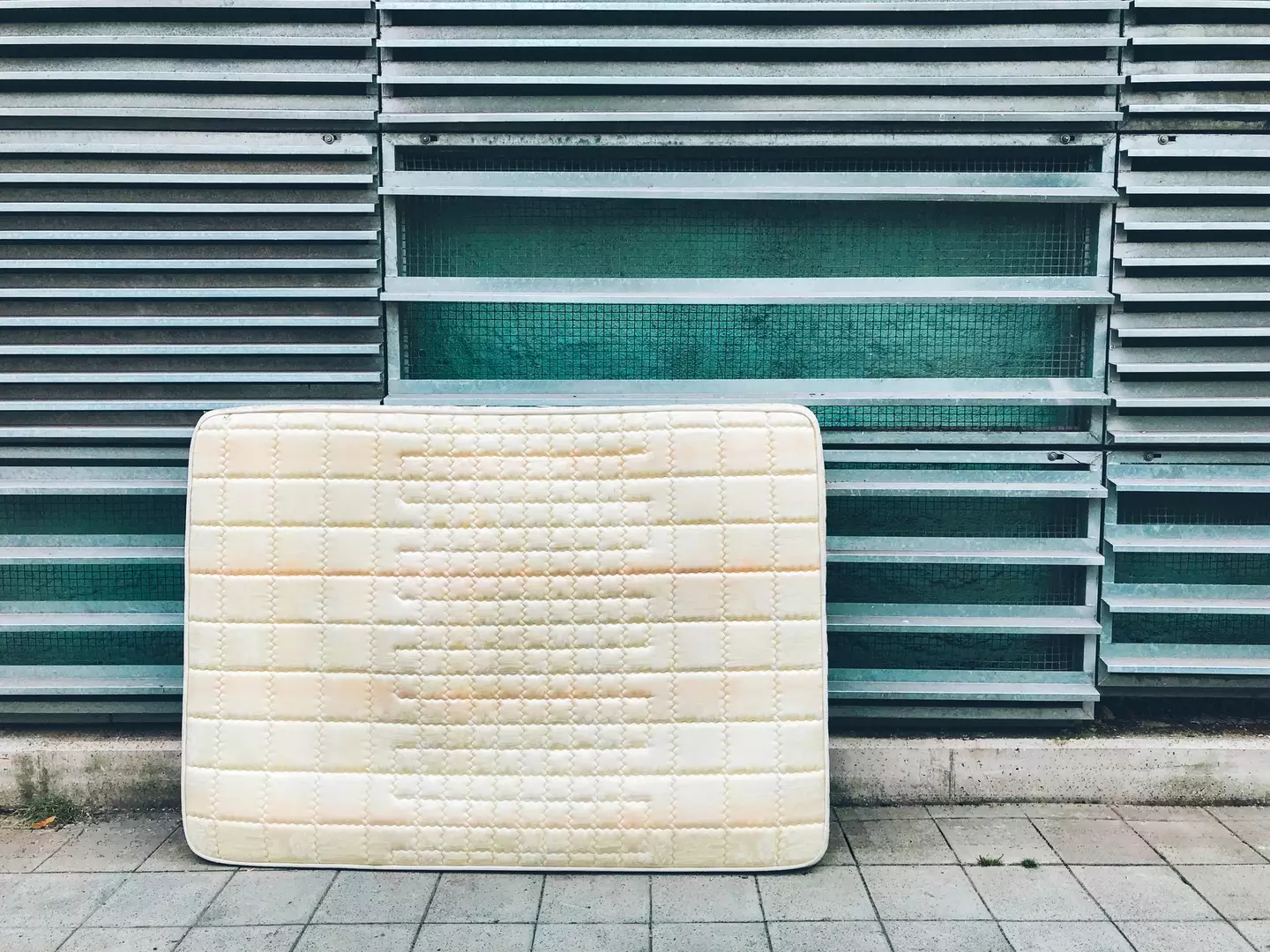A medical professional has identified three typical bedroom items that should be removed immediately.
Bedrooms should serve as our sanctuary and a place of rest, not just as sites where ‘the magic happens’.
It’s well-known that getting seven to eight hours of sleep per night is beneficial for brain function, supporting our immune system, regulating hormones, and maintaining a healthy weight.
However, a prominent doctor trained at Harvard and Stanford suggests that our sleeping environment could be filled with hidden dangers that may negatively impact our gut, hormones, sleep, and long-term health, beyond what eight hours of sleep can remedy.
Dr. Saurabh Sethi, a gastroenterologist based in California, shared the top three items he advises discarding via Instagram.

In a video on his page, the 42-year-old listed old pillows as the primary item to replace, noting that they can become ‘old’ in just two years.
Dr. Sethi explained that pillows can quickly accumulate dust mites, sweat, and allergens, stating, “Pillows accumulate dust mites, sweat and allergens over time.”
“If yours is over one to two years old, it is probably time to replace it.”
He also mentioned a study indicating that mattress and pillow protectors can pose health risks to children with asthma and allergies, such as those to house dust mites.
The Sleep Foundation warns that outdated pillows can trigger allergies, skin problems, and muscle soreness, as they harbor dust mites, fungus, and mold.

Dr. Sethi then criticized synthetic air fresheners, often used to mask odors and keep homes smelling pleasant.
However, the chemicals in these fragrances can be harmful when inhaled.
He stated, “Many of these release phthalates and VOCs [volatile organic compounds] linked to respiratory issues and hormonal disruption.”
Dr. Sethi cited research showing that synthetic fragrances in household products can compromise indoor air quality and pose health risks.
“In one of these studies, 86 percent of air fresheners tested contained phthalates, which are chemicals associated with reproductive harm and asthma,” he noted, suggesting an alternative: “Try essential oils instead.”

Finally, he recommended getting rid of worn-out mattresses.
“A mattress that is more than seven to 10 years old, can lower sleep quality and cause chronic back pain,” he concluded.
Dr. Sethi referenced a hospital-based study from Lahore linking mattress firmness and age to lower back pain.
The Sleep Foundation also notes that you’ll know it’s time to replace your mattress if it affects sleep quality, sags, makes noise, or causes muscle stiffness or allergies.
Another clear indication is if you sleep better on different mattresses, such as at friends’ homes or in hotels.

